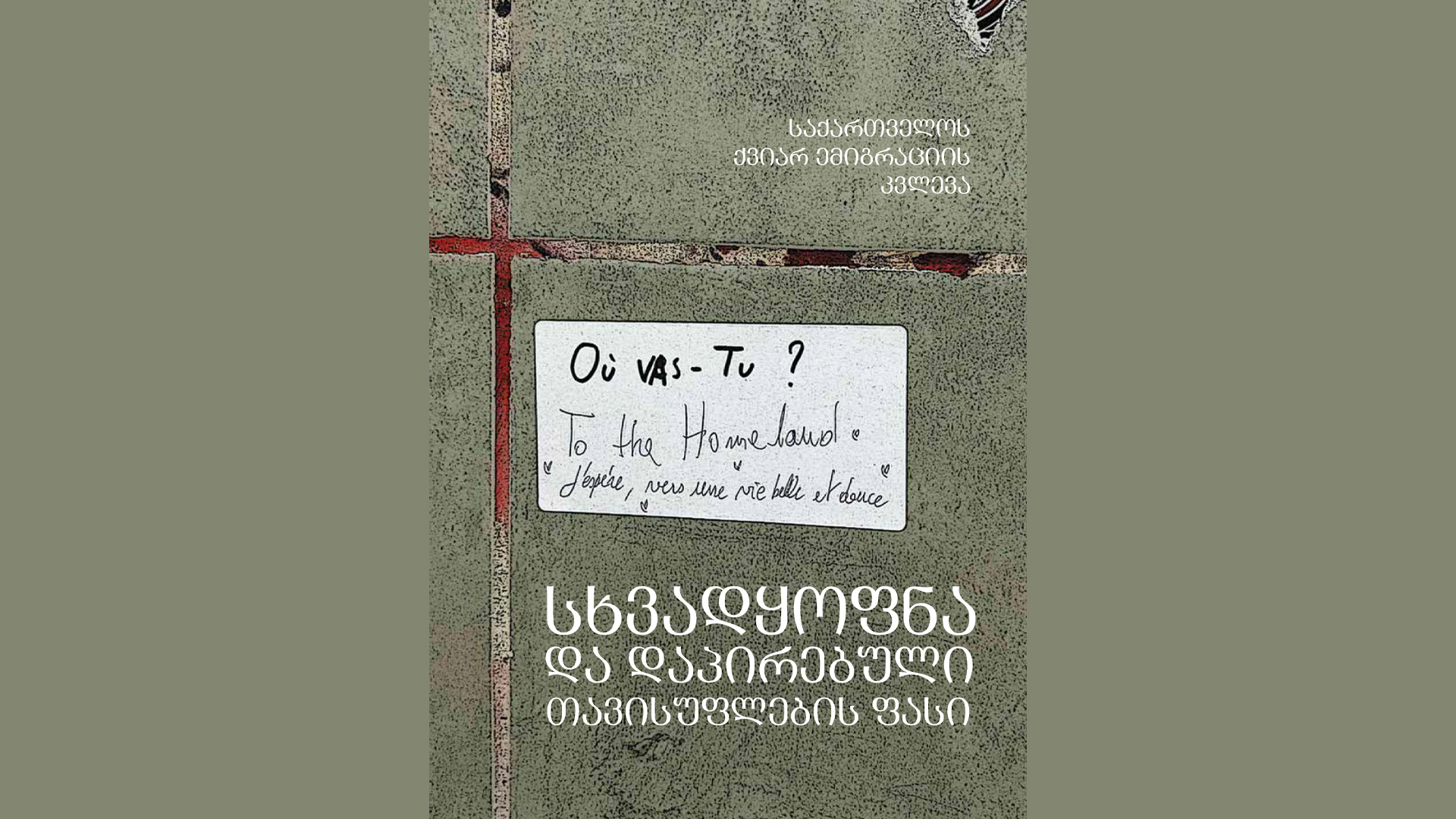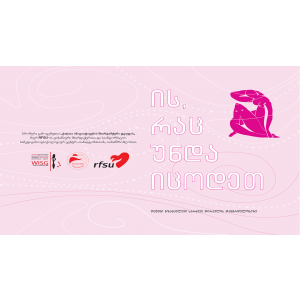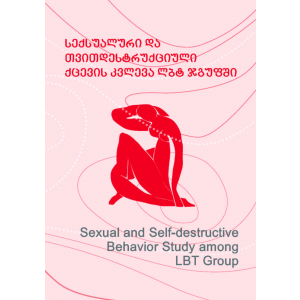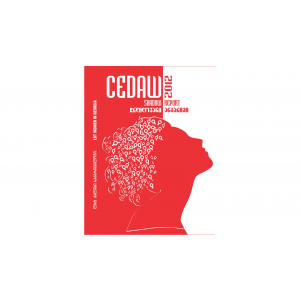The unstable socio-political environment in Georgia, along with the complex nature of homo/bi/ transphobia and its political instrumentalization, require the continuous reproduction of knowledge about both the community and its context. For this reason, the Women’s Initiatives Support Group has, for many years, placed a strong focus on research and educational activities alongside its fieldwork. To develop a holistic approach to current challenges and formulate effective advocacy strategies, the organization’s research and education efforts aim to describe and analyze the context and generate knowledge rooted in feminist perspectives and focused on the experiences of the community.
Many years of experience of working with the community have shown that the number of queer individuals leaving the country is steadily increasing. This trend has been particularly fueled by the rise of ultra-right violent groups, repeated group attacks on queer individuals and organizational offices in recent years, openly xenophobic rhetoric from the ruling party, and the institutionalization of homo/bi/transphobia. Individual cases have revealed that, beyond direct experiences of violence and hostility, broad- er factors, such as the unstable political and economic climate and social conditions, also play a significant role in driving community members to emigrate.
It is worth noting that many queer individuals who have left the country continue to maintain contact with community organizations and the community itself, whether by receiving services remotely, engaging in collaborations, or offering mutual support. For this reason, it is important for us not only to analyse the factors that drive queer people to emigrate but also to understand the challenges they face in host countries due to their vulnerability.
We would like to express our sincere gratitude to researcher Natalia Mchedlishvili for her work. She has gathered unique material and provided a nuanced analysis of the emotional, social, and political dimensions of queer emigration.
We hope this research will make a meaningful contribution not only to deepening existing knowledge around the intersection of gender, sexuality, and immigration status, but also to supporting organizations and initiative groups in Georgia as they work to address systemic challenges and incorporate relevant priorities into their advocacy efforts.
Otherness and the Cost of Promised Freedom: A Study on Queer Emigration from Georgia







